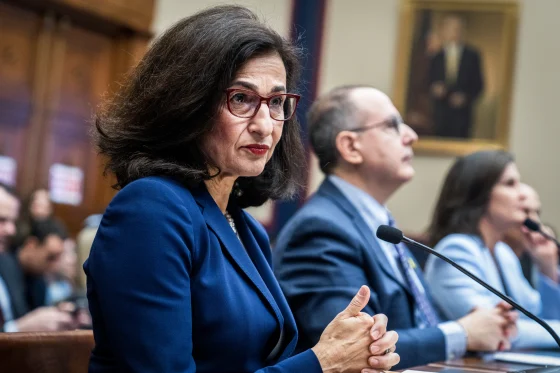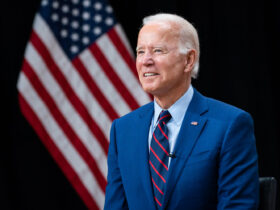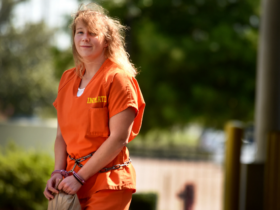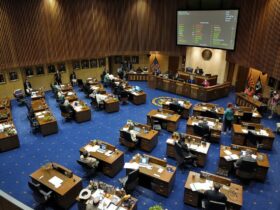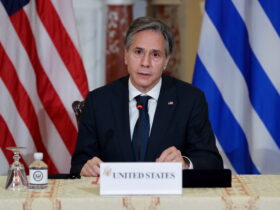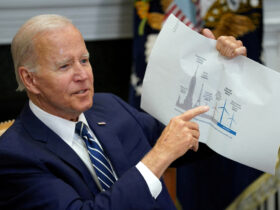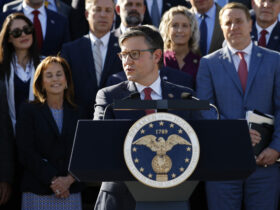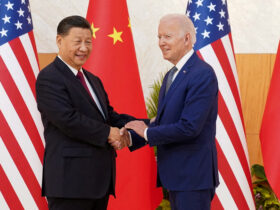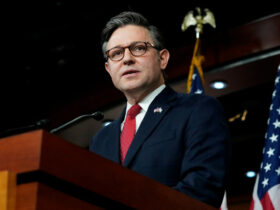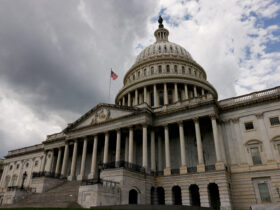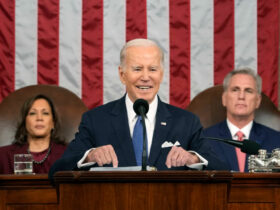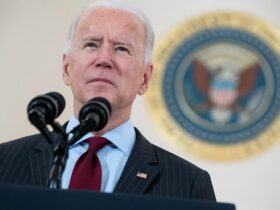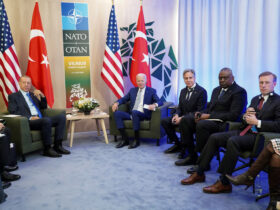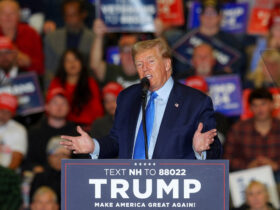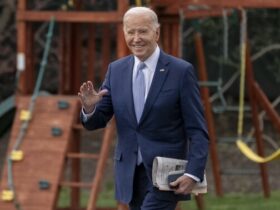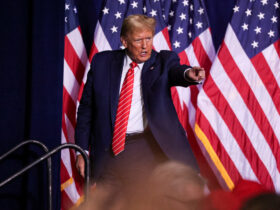United States: The president of Columbia University testified about how the school has dealt with antisemitic happenings on campus following the October 7 Hamas strike and Israel’s reply in the Gaza Strip.
Further, according to the Anti-Defamation League, antisemitic incidents on the college campus increased by 61 percent since October 7, and this rise marked a “stark increase” in antisemitic incidents.
However, the trial on Wednesday backtracked to the days of the December antisemitism hearing where heads of Harvard University, Massachusetts Institute of Technology, and the University of Pennsylvania were questioned by the members of the House Committee on Education. Two presidents ended up down the drain, and one of them, despite managing to escape, felt compelled to withdraw.
Some very notable differences included: the Columbia hearing witnesses included individuals who agreed with the lawmakers that antisemitism was an issue on campus.
According to NPR News reports, Columbia President Nemat Shafik said, “It is not tolerated, and it is not acceptable,” and “Over the last six months, we have done everything we can and have worked tirelessly to improve our policies and our enforcement.”
Shafik gave testimony alongside a Columbia University law professor and two trustees.
When a Democrat from Oregon, Suzanne Bonamici, asked the question if the genocide of Jews had violated Columbia’s code of conduct, all four of Columbia’s representatives said in unison, “Yes, it does.”
However, their replies appear to contrast with the December hearing, where the presidents of Harvard, Penn, and MIT replied to the same question in a way that was criticized for lacking moral clarity.
Most of the Columbia officials’ answers were seen to acknowledge that they have work in line to do. A Columbia trustee, Claire Shipman, responded to one lawmaker, saying, “You are right,” and, “We have a moral crisis on our campus.”
More about the court hearings
During the hearing, some of the lawmakers, including Tim Walberg, a Republican from Michigan, and Elise Stefanik, a Republican from New York, honed in on some situations of Columbia professors who expressed verbal support for Hamas.
Often, the Columbia officials would be interrupted by them, questioning about the sanctions measures against the accused and whether the accused had stepped down or not. In place, the college administrative officials promised to measure the teachers’ antisemitism speech and hold them accountable for their words.
The representatives of Columbia announced that they were establishing a Task Force against antisemitism. They announced that many students got sanctioned for being disobedient, and suspensions were given to those who participated in unlicensed events.
Shafik himself affirmed education as a main component of the solution and spoke about initiating such lessons during the very first college orientations.
Jacob Schmeltz, a senior at Columbia, who is majoring in political science and serves as a co-vice president in the Jewish On Campus Student Union, watched the hearing held on Wednesday with fellow students.
Schmeltz said, “I’m really happy that they finally made a really clear statement that this is an issue and acknowledged just how difficult it has been for Jewish students over the last six months,” as NPR News reported.

